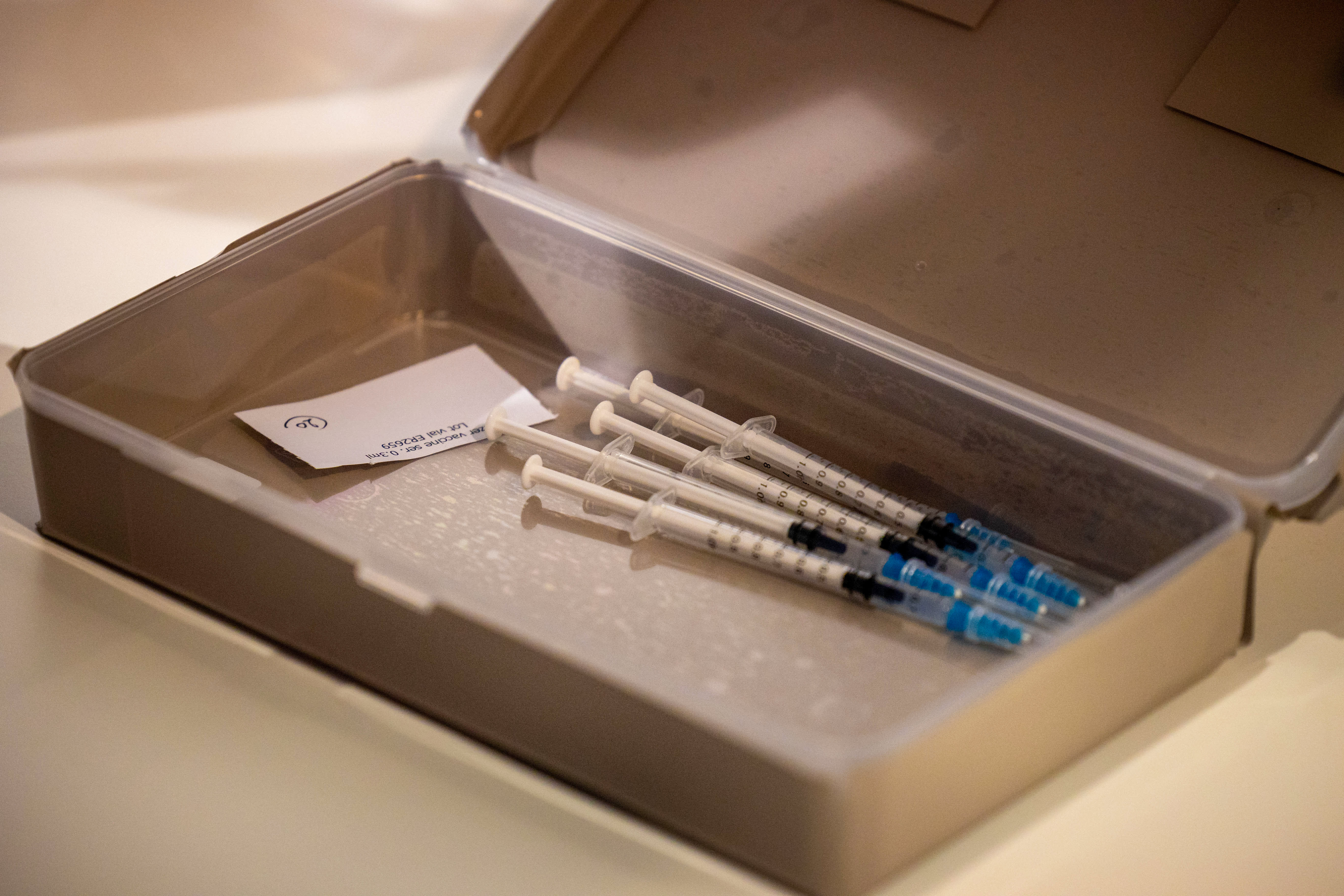
LONDON — Europe's coronavirus vaccine rollout has been thrust into the spotlight once again after the Italian government blocked a shipment of Oxford-AstraZeneca vaccines to Australia.
The EU has struggled to distribute Covid-19 shots across the 27-member region and is lagging other advanced economies in the number of inoculations per citizen. There are complaints that regulators are too slow to approve vaccines, there has been manufacturing and delivery issues and national red tape, hindering the process.
But new questions were raised on Thursday when Italy became the first EU country to use the bloc's new regulations that allow exports to be stopped if needs be. The move stopped around 250,000 doses of the vaccine from its Anagni, Italy, plant being shipped to Australia.
Europe's vaccine rollout "will be an uphill battle," Daniel Gros, director of the Centre for European Policy Studies think tank in Brussels, Belgium, told CNBC on Friday.
How the EU got here
The EU announced in late January new rules that allow European member states, where coronavirus shots are produced, to ban their exports in case the pharmaceutical firm involved is not complying with pre-existing contracts with the bloc.
The EU and AstraZeneca have been at odds since the drugmaker was unable to deliver as many shots as the bloc was expecting for the first quarter. There have also been doubts about how many shots the firm will manage to deliver in the second quarter.
The EU gets roasted for something the U.S. does in a more radical form.Daniel Grosdirector of CEPS
AstraZeneca's CEO Pascal Soriot said late last month that the vaccine shortfall was due to yield issues and that his firm was working around the clock to increase production.
French Health Minister Olivier Veran said on Friday morning that France could replicate Italy's move. German Health Minister Jens Spahn has said there has been no reason so far to stop shipments of vaccines produced in Germany to go to other countries, according to Reuters.
Ursula von der Leyen, President of the European Commission, said last month that about 95% of EU-made vaccines exported since late January were manufactured by Pfizer-BioNTech and Moderna as both firms were respecting their agreement with the EU.
At the time she also said that the U.S. and the U.K. had systems in place to block the exports of these vaccines.
Europe gets 'roasted' for something others do too
"The EU gets roasted for something the U.S. does in a more radical form," Gros, from CEPS, also said.
"The amount involved was tiny. But as usual people jump on symbols. The U.S. does not have this problem of having to stop vaccines at the border because nobody would even think about trying to export anything from the U.S.," he added.
In an executive order in early December, then President Donald Trump ordered that the U.S. should only export vaccines produced in the country once it was established that there were sufficient doses to inoculate the American population.
"After determining that there exists a sufficient supply of COVID-19 vaccine doses for all Americans who choose to be vaccinated … (the U.S.) shall facilitate international access to United States Government COVID-19 Vaccines for allies, partners, and others, as appropriate and consistent with applicable law," the order reads.
The shipment to Australia was blocked because the country is not on the EU's list of vulnerable nations. The EU's regulation exempts distribution to poorer nations from being blocked by member states.
Australian Prime Minister Scott Morrison on Friday told a news conference that the country's vaccine program would "continue unabated," adding the shipment in question was not one they had counted on for the rollout.
Australia has reportedly requested that the European Commission review Italy's decision to block the shipment, but Morrison conceded he understood why a high level of anxiety would exist in Italy and across Europe.
"We should not forget that the EU is providing vaccines to the South of the world, while preventing this shipment to Australia," Alberto Alemanno, professor of European law at H.E.C. Paris, told CNBC on Friday.
He added that the "EU exports control regulation embodies the EU legitimate attempt at gaining some sovereign autonomy."
https://ift.tt/38dxncC
World
Bagikan Berita Ini














0 Response to "Europe facing 'uphill battle' with Covid vaccines as Italy blocks AstraZeneca shipment - CNBC"
Post a Comment